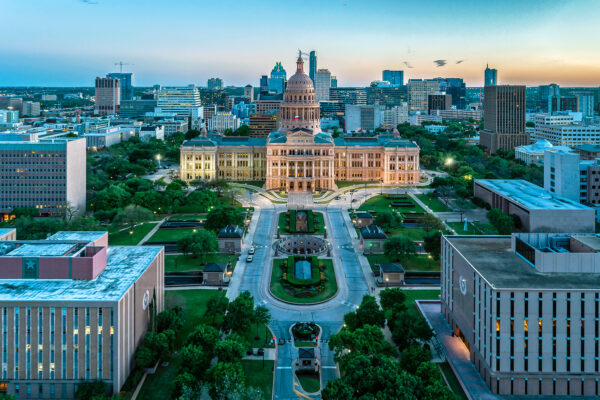
Republicans are making it harder to vote across America.
The Economist summarizes:
In some states voters have been “purged” from the rolls in overzealous clean-up efforts. Other states demand ever more documentary proof that people are eligible to vote. Well-off homeowners who drive cars and have passports barely notice such hurdles. But young, poor and ethnic-minority voters are more likely to crash into them. Often, this is not just an unfortunate side-effect of tighter voting rules; it is their intent.
The worst states
- Alabama has introduced photo ID and proof-of-citizenship laws, closed driver’s license offices in black areas as well as dozens of polling places. The state’s six Republican members of Congress (out of seven) are all but certain to win reelection, despite Hillary Clinton winning a third of the vote in Alabama in 2016.
- In Georgia, an “exact match” voter registration policy bars citizens from voting if there is even the tiniest discrepancy between their legal name and the name they gave when they registered to vote. According to civil rights groups, 80 percent of the applications that have been stalled as a result are from minorities. The gubernatorial election between Democrat Stacey Abrams, the first black woman nominated for a state governorship by a major party, and Republican Brian Kemp is extremely close.
- In North Dakota, the Republican state government has required voters to bring proof of a residential address to the polls. Not coincidentally, many of state’s Native Americans, who tend to vote Democratic, live in areas without named and numbered roads. FiveThirtyEight gives incumbent Democratic senator Heidi Heitkamp only a one-in-three chance of winning reelection.
- In Texas, 1.6 million more people have registered to vote than in the last midterm election in 2014. State officials are struggling to process all the applications, which must be submitted in person and entered into the state’s voter rolls by hand. FiveThirtyEight expects Ted Cruz, the incumbent Republican, will win reelection, but for the first time in a long time a Democrat, Beto O’Rourke, has a not-insignificant chance of winning the state’s Senate race.
Solutions
There are obvious fixes:
- Automatic voter registration, which is the norm in the democratic world.
- Online voter registration, currently available in 37 states and the District of Columbia.
- Same-day voter registration, currently possible in seventeen states and the District of Columbia.
Don’t expect Republicans to embrace any of these proposals soon. All of them would probably produce more Democratic voters.
Minority rule
As with their desperation to confirm Brett Kavanaugh to the Supreme Court, the reason Republicans are generally opposed to making voting easier — indeed, why they are working in so many states to make it harder — is that they know their coalition is shrinking and the Democrats’ is on the rise.
The Washington Post reports that Democrats have nominated record numbers of black, female and LGBT candidates this year. The Republican Party, by contrast, is predominantly old, white and male.
Republicans know their time is running out. The only reason they are in power is that America’s electoral system gives a bonus to the places where they live. They are milking that advantage by gerrymandering congressional districts and putting in place restrictive voting laws. And they will reject any suggestion — such as abolishing or reforming the Electoral College, giving DC and Puerto Rico statehood, consolidating congressional districts and introducing term limits for the Supreme Court — that threatens their minority rule.
